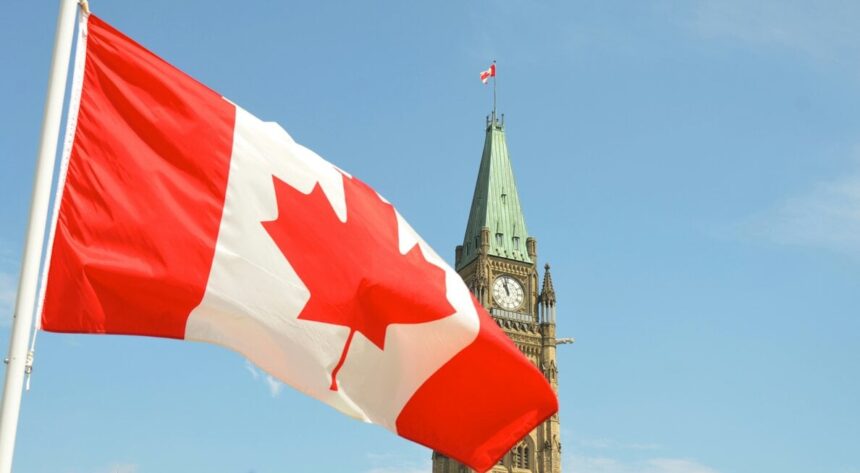In a high-stakes digital showdown, TikTok executives are scrambling to secure last-minute meetings with Canadian officials as the clock ticks down on a potential nationwide restriction of the popular video-sharing platform. According to industry sources, the ByteDance-owned app is making urgent overtures to Ottawa in hopes of averting measures that could effectively shut down its operations across Canada by early fall.
The diplomatic push comes after Canadian Prime Minister Justin Trudeau’s government announced plans to restrict TikTok on all government-issued devices earlier this year, citing “unacceptable risks to privacy and security.” This initial measure has now expanded into discussions of broader restrictions that could impact the platform’s estimated 10 million Canadian users.
“What we’re seeing is the culmination of growing tensions between Western governments and Chinese-owned technology platforms,” explains Dr. Alexandra Reeves, digital policy expert at the University of Toronto. “Canadian authorities are increasingly concerned about data sovereignty and potential foreign influence through popular social media channels.”
Documents obtained through regulatory filings reveal TikTok has significantly increased its lobbying efforts in Canada, with representatives making at least twelve approaches to senior government officials in recent weeks. The company has reportedly prepared a comprehensive proposal addressing data security concerns, including enhanced data localization measures and independent security audits.
A TikTok Canada spokesperson confirmed the outreach efforts, stating: “We remain committed to constructive dialogue with Canadian authorities to address their concerns while preserving the platform that millions of Canadians rely on for creative expression, small business growth, and cultural connection.”
The potential ban has created significant anxiety among Canadian content creators and businesses that have built their livelihoods around the platform. Sarah Desjardins, a Montreal-based influencer with over 800,000 followers, expressed her concerns to CO24 Business: “This isn’t just about entertainment—it’s about thousands of Canadian jobs and small businesses that depend on TikTok for their income.”
The Canadian government’s approach mirrors similar actions taken by other Five Eyes intelligence alliance members, including the United States, where TikTok faces potential nationwide restrictions unless ByteDance divests its American operations. Australia and New Zealand have already implemented partial restrictions, while the UK has taken a more measured approach through enhanced regulatory oversight.
Economic analysts suggest a full ban could have measurable impacts on Canada’s digital economy. A recent industry report estimates that TikTok-related commerce generates approximately $1.2 billion annually in Canadian economic activity through advertising, partnerships, and direct sales.
Minister of Innovation, Science and Industry François-Philippe Champagne has indicated that any final decision will balance national security considerations with economic impacts. “We understand the popularity of these platforms, but our primary responsibility remains protecting Canadians’ data and our democratic institutions,” Champagne told reporters at a Canada News conference last week.
As negotiations continue behind closed doors, the fundamental question remains: can Canada find a middle path that addresses legitimate security concerns while preserving digital freedoms, or are we witnessing the beginning of a more fragmented global internet where geopolitics increasingly determines which platforms citizens can access?

























